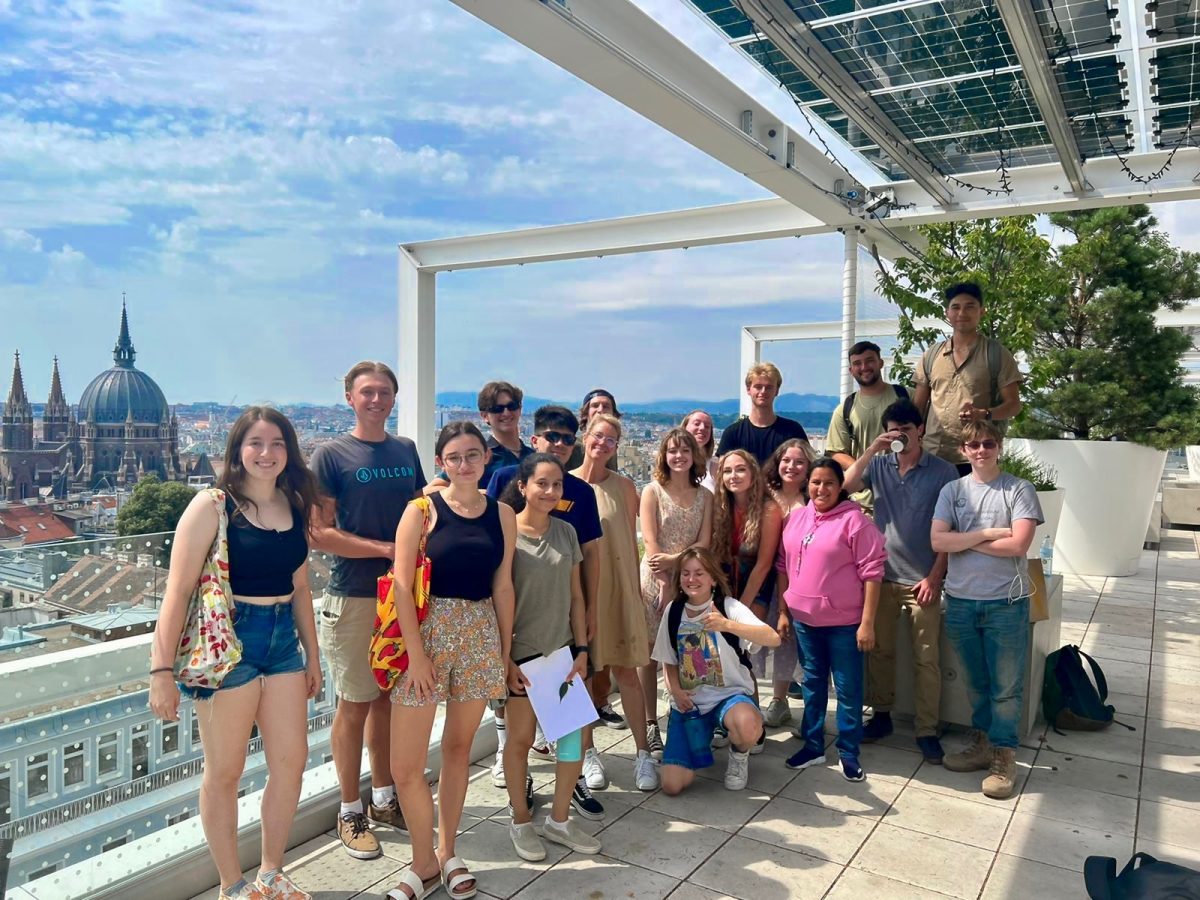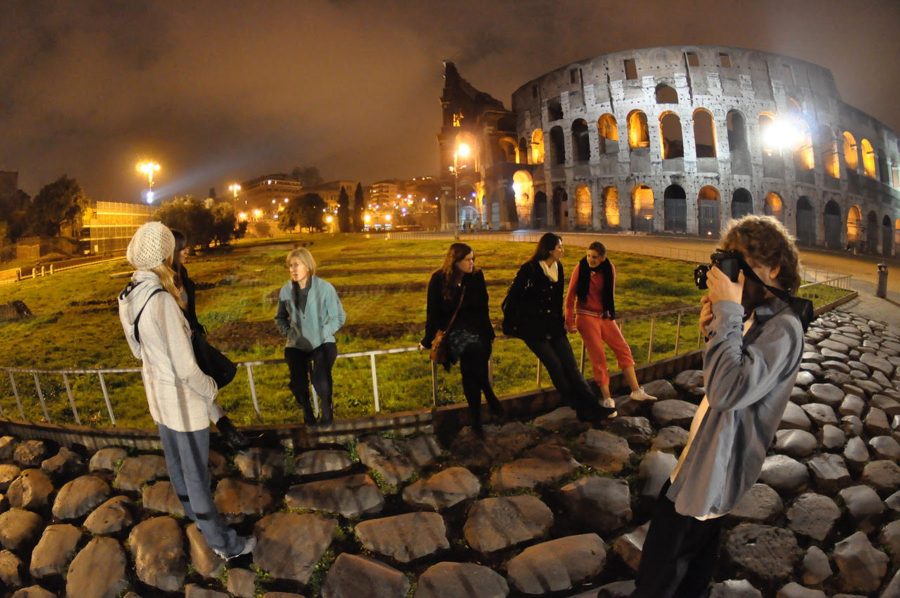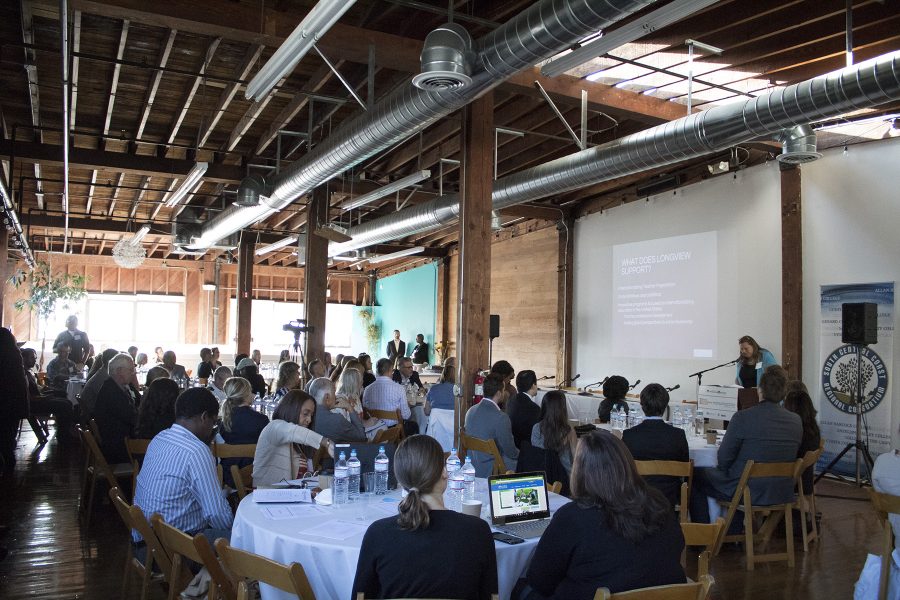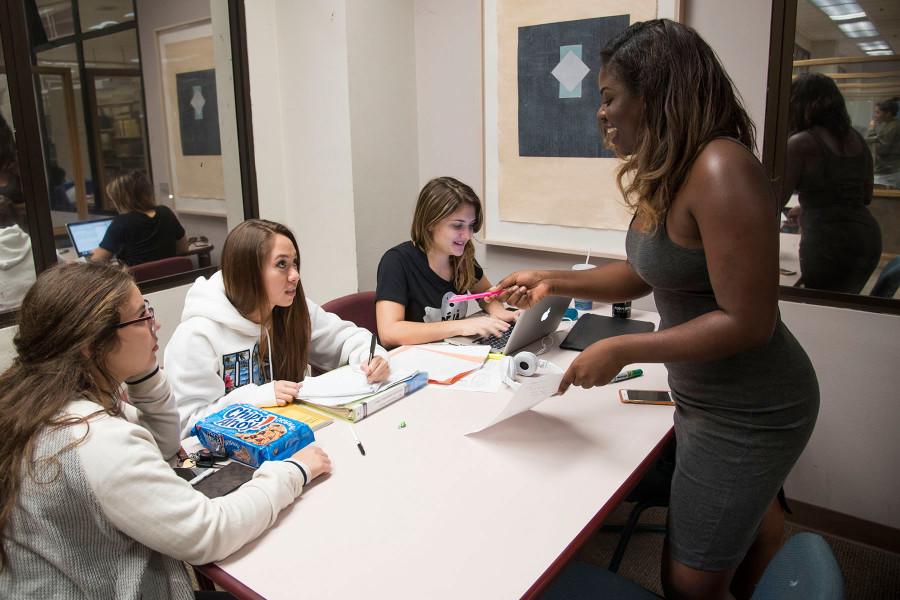“Who do you like more—your commander or your mother?” an Israeli commander yelled at a young solder in a tent hot-boxed with tear gas.
City College student, and former Israeli soldier, Gady Shemesh, 22, answered, “my mother.”
His punishment was to sing the national anthem of Israel while wearing a breath-restricting gas mask. Then, take off the mask and run into a tent packed full of tear gas stinging his face.
“The army made me a truly happy person. I never sweat the small stuff anymore—I know I’m safe in Santa Barbara, I’m not crawling on thorns or standing in the scorching heat,” he said.
As a film production major, Shemesh accredits the army for his desire to share happiness through films. He wants to make movies one day, and watch people be truly entertained by something he created.
“Joining the Israeli army was something I had to do for Israel,” Shemesh said. “I wanted to do something bigger than myself.”
Shemesh decided to join the Israel Defense Forces, after graduation from high school in Los Angeles.
His Jewish heritage is a big part of his life since kindergarten, where he and other kids would share their parent’s army stories.
His father served in the Yom Kippur War in 1973, but was adamant against his son joining the army.
Despite his father’s wishes, Shemesh applied for Machal in 2010. Machal is a program that allows non-citizen Americans to join the army for one year and two months.
“Shemesh’s personality has a mixture of goofiness, creativity, wit and intellectual adventurism,” his former City College English professor, Charles Grogg said. “I imagine he took from the army a worldview and private commitment.”
Shemesh was accepted into Machal, and was then able to fulfill his desire to join the Jewish Army.
“Israel is where you feel a true connection to the Jewish community. Israel bases itself around its culture,” Shemesh said.
He began his journey into the army with a one-month pre-army training. Not regulated by the Israeli army, Shemesh said it was brutal.
“Boot Camp but worse,” he reflected.
Learning things like the art of Krav Maga, a self-defense system designed for the Israeli military, where he learned lessons the hard way.
Teachers would punch them in their face, to teach the value of protecting ones face while fighting.
“It over-prepared me,” Shemesh chuckled.
From there, he spent the next four months in the south of Israel, participating in boot camp.
Boot camp’s goal is to mentally push soldiers to their limit to condition them.
Activities consisted of commanders trying to steal soldiers guns in the middle of the night, sprints and pushups in gas masks to make them extra winded.
Then–thrown into gas tents with no mask.
“You wanted to run as fast as you could when you finally got to leave the tent, so you could have as much clean air against your face as possible. The amount of gas in those tents literally made my skin feel like it was burning off of my face,” Shemesh said.
After boot camp, Shemesh spent the next four months in Advanced Training.
The goal was to physically condition soldiers.
Despite the harsh mental and physical conditioning, Shemesh said commanders were funny, friendly people who consistently tried to make the soldiers happy.
“They were personable—that’s what Israel is,” he said.
Soldiers would receive some type of ‘gift’ to symbolize the honor and growth from the completion of tasks—a badge for the 50-mile walk, or “beautiful wings” after five jumps out of an airplane.
The final gift is a red beret to signify completion of all tasks.
After receiving his Red Beret, he was deployed to The Hermon in Syria. Despite his wishes to be a paratrooper, he was assigned a MAG—a M240 gun, but he didn’t mind.
Shemesh hopes to attend New York University in the fall of this year, and plans to return to Israel and join the Reserves after he graduates.
“Israel is like an olive. You squeeze it as hard as you possibly can, and you get only a tiny amount of oil drops, but it’s the best oil you can get,” Commander Avraham told Shemesh.


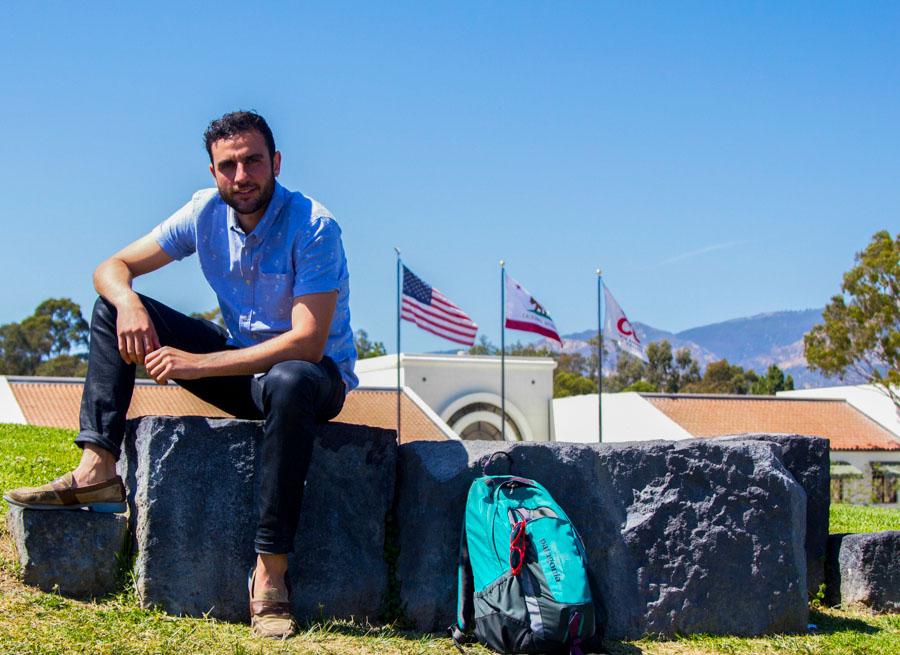

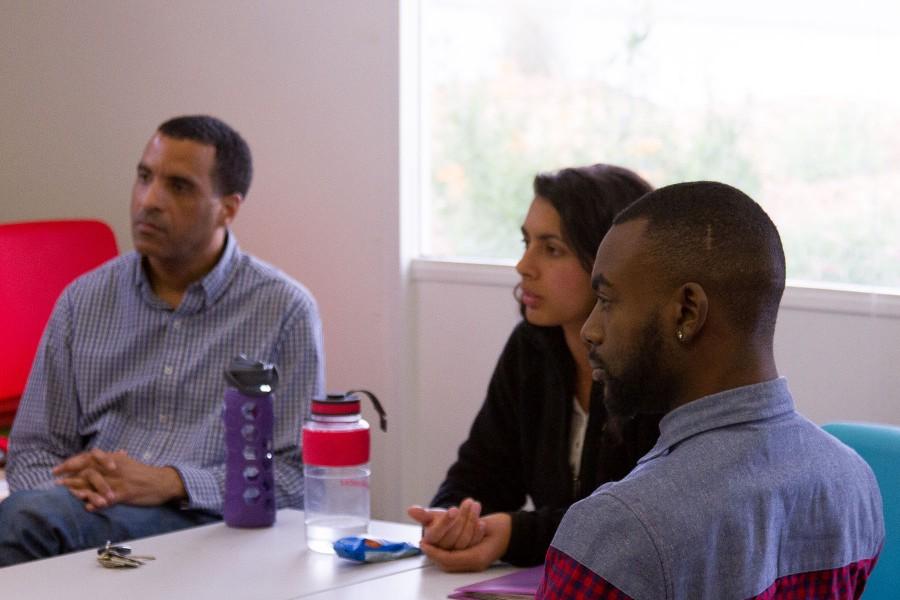
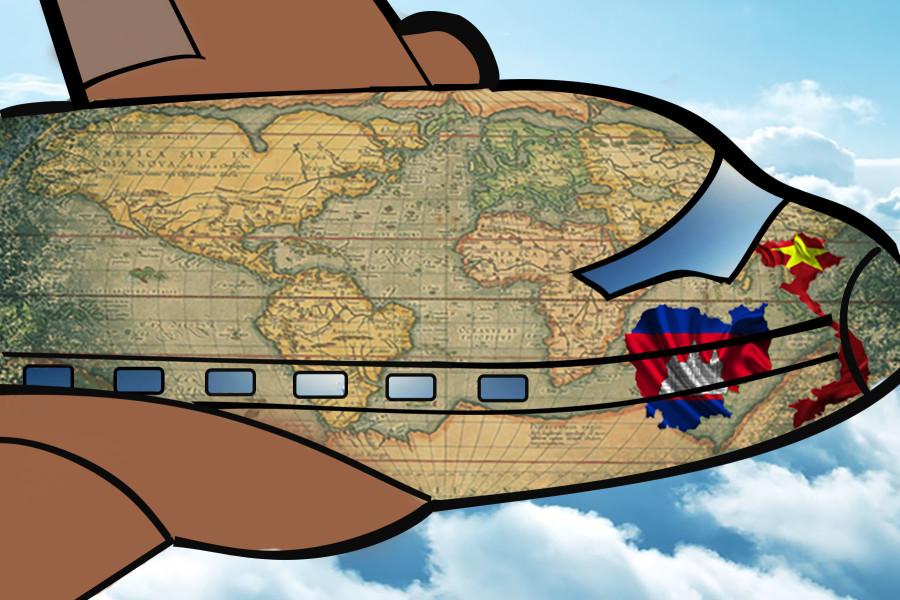
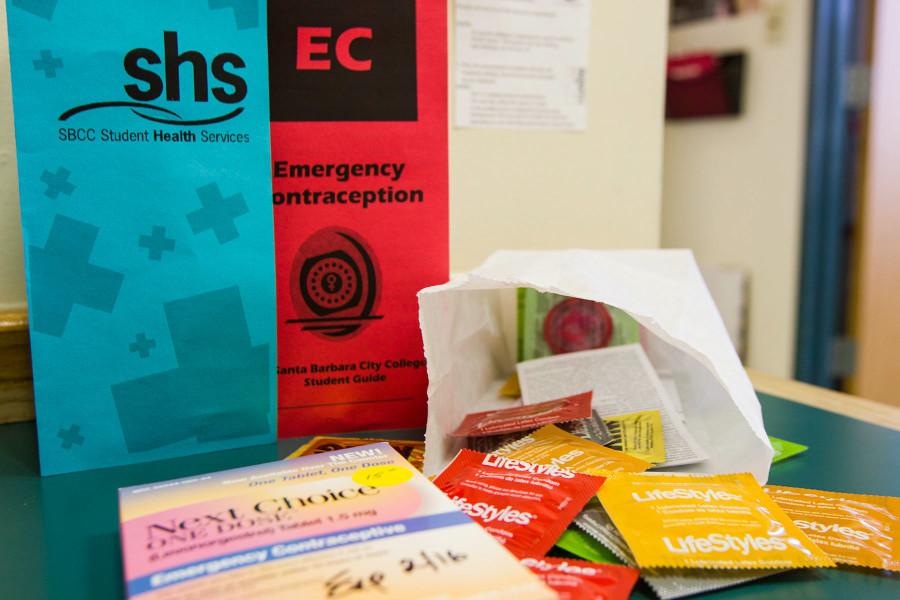

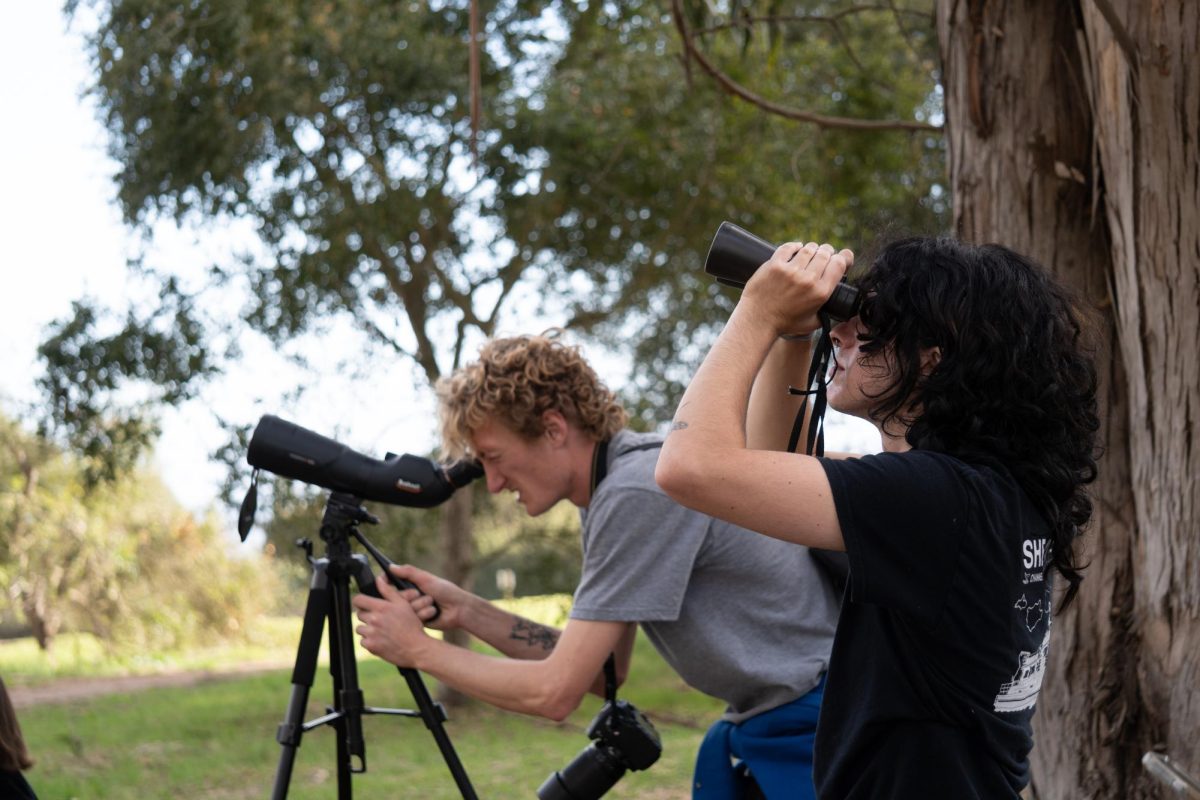


![On Feb. 12 the Multimodal Lab held a poetry open mic for students, staff and faculty in Santa Barbara, Calif. “I'm glad there is space here at this school [...] that people can talk about what they are feeling on the inside and whatever feelings they’ve got,” Russom said.](https://www.thechannels.org/wp-content/uploads/2025/02/MGSMultimodal-3-1-1200x800.jpg)
